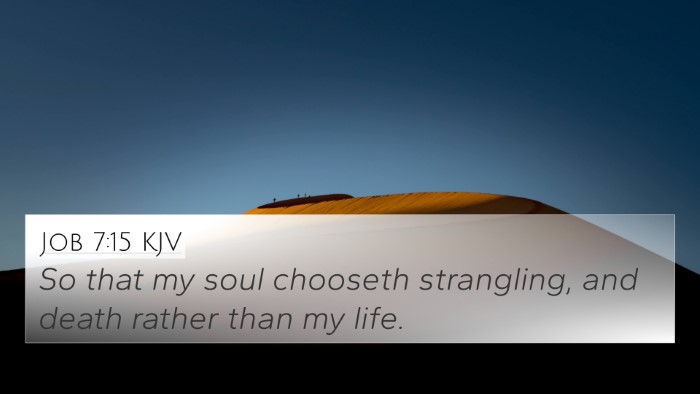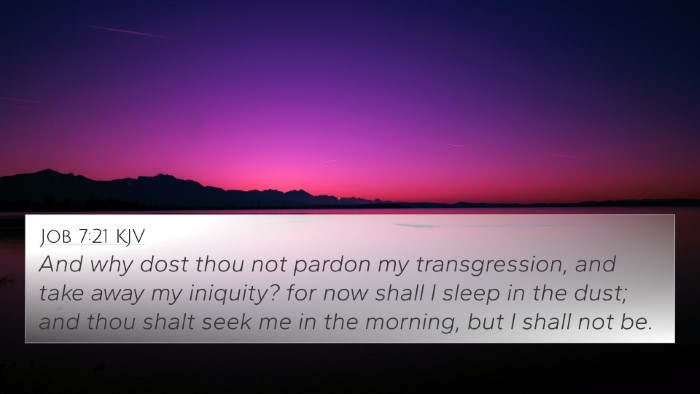Old Testament
Genesis Exodus Leviticus Numbers Deuteronomy Joshua Judges Ruth 1 Samuel 2 Samuel 1 Kings 2 Kings 1 Chronicles 2 Chronicles Ezra Nehemiah Esther Job Psalms Proverbs Ecclesiastes Song of Solomon Isaiah Jeremiah Lamentations Ezekiel Daniel Hosea Joel Amos Obadiah Jonah Micah Nahum Habakkuk Zephaniah Haggai Zechariah MalachiVerse
Job 9:1 Job 9:2 Job 9:3 Job 9:4 Job 9:5 Job 9:6 Job 9:7 Job 9:8 Job 9:9 Job 9:10 Job 9:11 Job 9:12 Job 9:13 Job 9:14 Job 9:15 Job 9:16 Job 9:17 Job 9:18 Job 9:19 Job 9:20 Job 9:21 Job 9:22 Job 9:23 Job 9:24 Job 9:25 Job 9:26 Job 9:27 Job 9:28 Job 9:29 Job 9:30 Job 9:31 Job 9:32 Job 9:33 Job 9:34 Job 9:35









